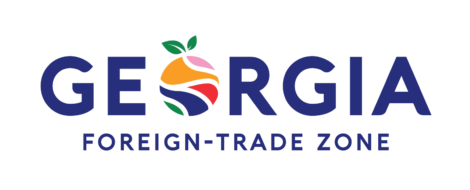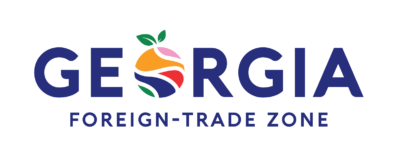Why Zones are Important to the Oil Refining Business in the US
By Vance Poe, ExxonMobil and Mike Heldebrand, Ernst & Young, LLP
Did you ever think the gasoline you put in your car or the jet fuel used in airplanes could be made in a Foreign-Trade Zone? Chances are pretty good these days that the gasoline and jet fuel you use may have been made in one. But what about the plastics in bottles, or chemicals used in everyday household items? Many components used in the production of those items also come from FTZs.
Since the early 1990’s, the Foreign-Trade Zones Board has approved over 80 refinery/petrochemical subzone applications. The refinery/petrochemical plants are located everywhere from Hawaii and California to the mid-west, east coast and all along the Gulf.
How does it work? The foreign-trade zone program is a federally designated program pursuant to the Foreign-Trade Zones Act of 1934. According to the Act, the purpose of zones is to “expedite and encourage foreign commerce” while promoting manufacturing in the U.S.
Refinery FTZs import a common feedstock, crude oil. The crude oil is generally dutiable at $0.105 or $0.0525 per barrel depending on API gravity. Today’s FTZ regulations permit the zone operator to use an inventory control system that effectively matches the dutiable crude oil to a variety of by-products. Many of the by-products are of lower duty than the crude oil. This mechanism is known as the inverted tariff relief. Thus for the oil industry, the FTZ program provides a leveling of costs to the importer and still supporting the domestic industry.
There are other benefits for refineries participating in the FTZ program. Since zones are located outside U.S. commerce, customs duties on imported crude oil and feedstock received at a refinery are not be paid until the finished products enter the United States for consumption – time value of money.
Another Customs-related benefit is the direct monetary savings due to products manufactured in the zone and subsequently exported. Customs duties are never paid on FTZ products that are directly exported from a zone.
ExxonMobil
ExxonMobil has been a participant in the FTZ program since late 1995. Currently, ExxonMobil has five refinery complexes approved by the Foreign-Trade Zones Board.
ExxonMobil buys and refines crude oil from the U.S. and over twenty countries around the world. Refining the crude in a foreign trade zone allows ExxonMobil to reinvest the duty savings and promote its export program.
For example, many times ExxonMobil buys foreign crude, refines it into jet fuel, moves it in-bond to another foreign trade zone (like an airport), and loads the jet fuel on an airplane bound for international destinations. In this instance, no formal entry has been made.
Many departments at ExxonMobil, like purchasing, scheduling and legal, are aware of the program, its costs and its benefits. ExxonMobil was an early participant in the FTZ program and has enjoyed the success of the duty savings and duty planning opportunities.

